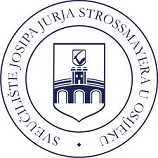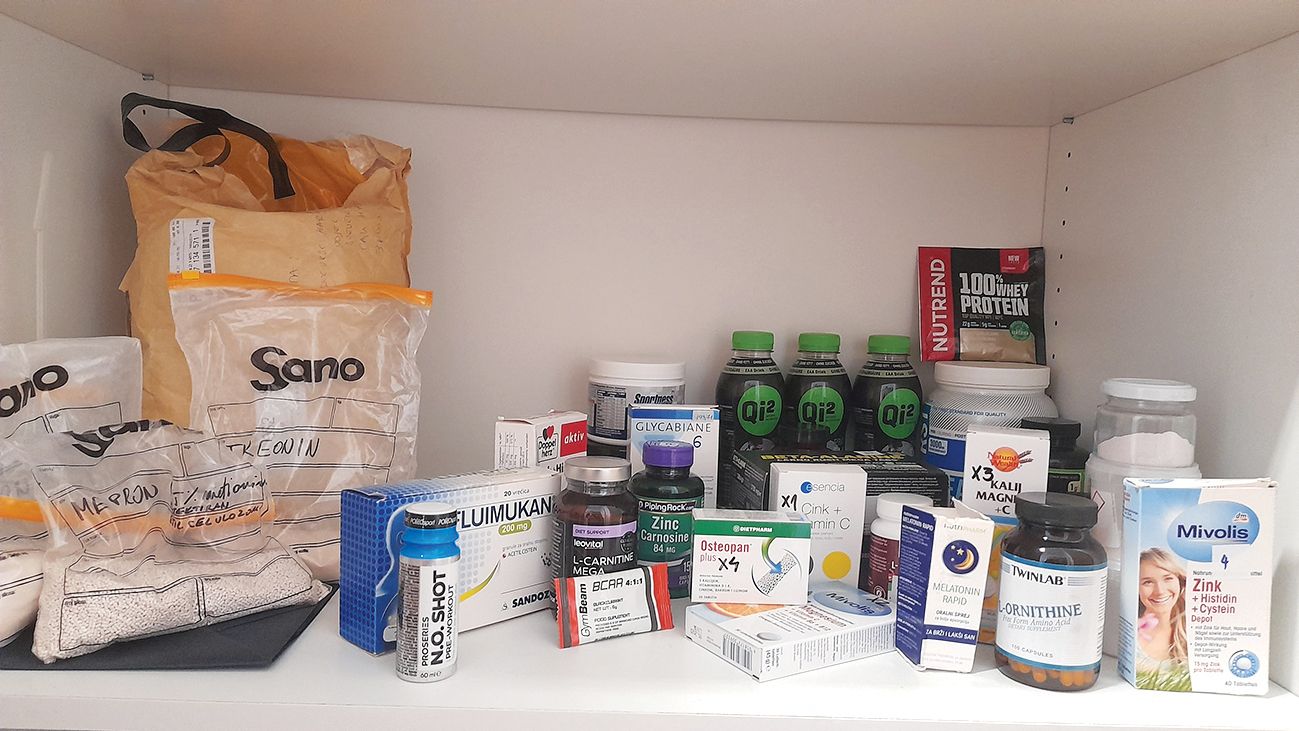- Since 1 July 2020, the Department of Chemistry implements institutional projects financed within the Programme funding of science at public universities in the Republic of Croatia. In this issue, we present the project “High-Entropy Metal Oxides As Energy Storage Systems”, coordinated by Prof. Dr. Igor Đerđ.
- Project beneficiary: Department of Chemistry
- Project duration: three years (1 July 2020 to 1 July 2023)
- Project team: Prof. Dr. Igor Đerđ (coordinator), Jelena Kojčinović, Ph.D., post-doctoral researcher, Dalibor Tatar, doctoral student / assistant; Prof. Dr. Berislav Marković, full professor; Jelena Brdarić, assistant; Nikolina Filipović, assistant
- Project partners: Ben Breitung, Ph.D., KIT, Karlsruhe, Germany; Torsten Brezesinski, Ph.D., KIT, Karlsruhe, Germany; David Stenzel, KIT, Karlsruhe, Germany; Junbo Wang, KIT, Karlsruhe, Germany
High demand for energy storage devices (batteries) has increased significantly in recent years and its further growth is expected also in the future. Lithium-ion battery energy storage systems are commonly used, but in the last decade, there is a new category of materials known as high-entropy metal oxides (HEOs) in application. The design of these materials is based on the introduction of high configurational entropy (Sconfig) into the structure in order to stabilise the monophase system. In this project, high-entropy metal oxides will be synthesised with different combinations of cations. Combinations of cations of transition-metal-based HEOs (TM HEOs), rare-earth-based HEOs (RE-HEOs) and their mixtures, i.e. mixed HEOs (TM-RE- HEO) are used. The prepared compounds are structurally examined by diffraction and spectroscopic methods. Monophase systems are applied to test thermal stability and to electrochemically measure efficiency for energy storage. “High-entropy metal oxides” (PPUZN_IDj) is an institutional scientific research project of the Department of Chemistry of Josip Juraj Strossmayer University of Osijek, financed within the Programme funding of science at public universities in the Republic of Croatia. Activities planned by this project are carried out in cooperation with the Karlsruhe Institute of Technology (KIT) in Karlsruhe, Germany, with the research group of Ben Breitung. The project coordinator is Prof. Dr. Igor Đerđ, a successful scientist dealing with chemistry of materials experienced in coordination of many national and international competitive projects and bilateral projects realised in cooperation with institutions from Europe and the world.
In the research group of Professor Đerđ, there are Jelena Kojčinović, Ph.D. post-doctoral researcher, a winner of the scholarship of the National scholarship programme “For women in science”, and Dalibor Tatar, a doctoral student employed within the ongoing project of the Croatian Science Foundation. In this project, there are also Jelena Brdarić and Nikolina Filipović, doctoral students and members of the research group of Prof. Dr. Berislav Marković. Except for young assistants, this project actively involves students of the graduate university study programme of the Department of Chemistry, Ana Ivanković, Roberto Basara, Sara Goman and Tomislav Šilješ, who prepare their master theses supervised by Professor Đerđ.
In addition to energy storage, application of the compounds is extended to heterogeneous catalysis and photocatalysis, which resulted in the publication of two scientific and several conference releases. Such application of high-entropy metal oxides represents an ecological approach to the conversion of toxic molecules into less toxic products and to the purification of waste water by decomposition of organic pollutants. In addition to the successful preparation of compounds for energy storage, the long-term project objectives are the realisation of international cooperation, setting-up of a basis for future research for new competitive projects, and career development of young scientists working in this project.




